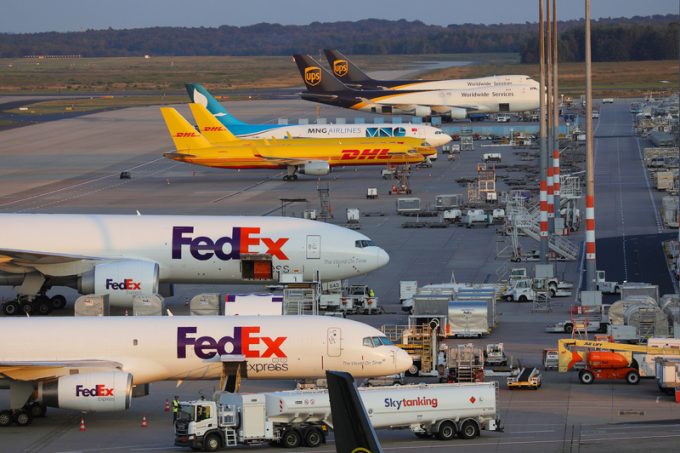Threat to airport operations as India revokes security clearance for handler Çelebi
Airport operations in India could face new challenges, after Çelebi Aviation, a part Turkish-owned ground ...

In the second of a four-part series, Stan Wraight, president of air cargo consultancy SASI, takes off the gloves to explain how airports, airlines and handlers can benefit from new thinking, reclaim revenues and modernise an outdated industry to their own benefit
One of my colleagues, ...

Comment on this article